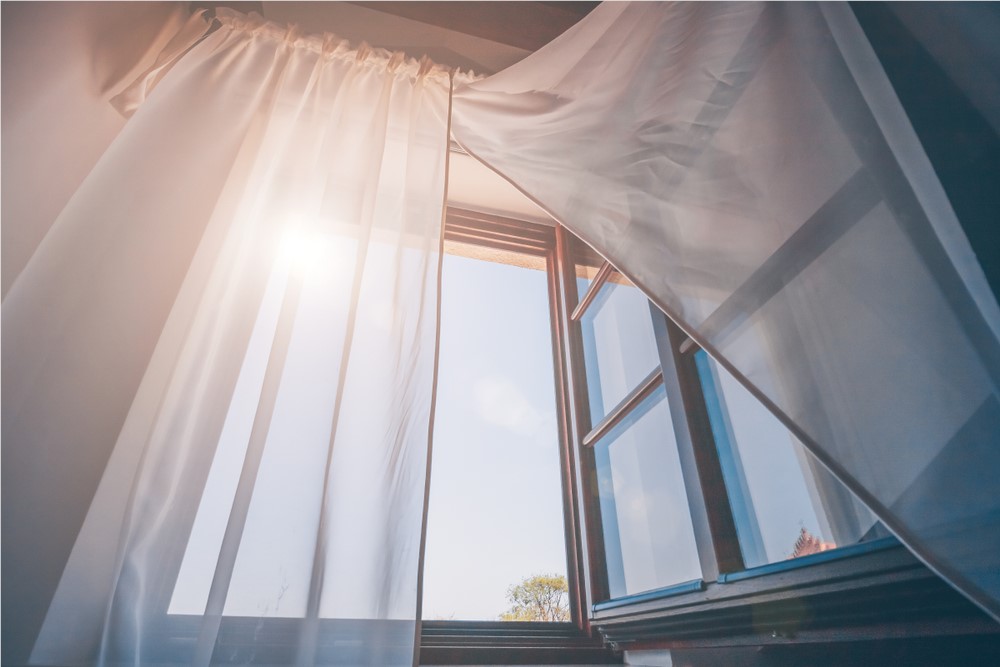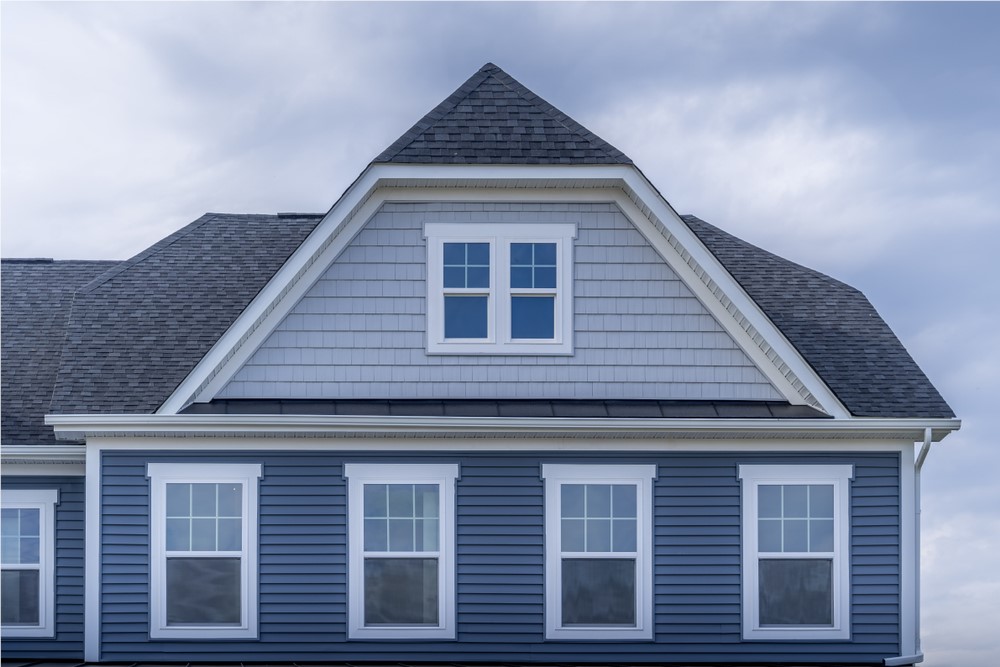When owning or renting a home, it is common to think about the culprits that may be driving up our energy bills. Some may even wonder if there are tactics that can help eliminate wasted energy in their homes and lower their energy bills. Thankfully there are. Here are some tips on how to do an energy audit in your home and conserve dollars on your energy costs.
Check Your DevicesSome of the first steps you can take is to change any incandescent lightbulbs to CFL’s, make energy efficient choices when setting your thermostat and use the cold wash cycle when washing clothes. Other steps that are automatic leeches on your energy bill are appliances that utilize energy even when they are off. Some of these types of devices include flat screen TVs and automatic coffee pots.
Appliances and electronic devices are often overlooked as energy goblins that can drive up your power bill. In actuality, these devices can drive an energy bill pretty high. Taking little steps can result in hundreds of dollars a year in savings. Unplug devices that you are not using. Use power strips so you can disable power sources completely when they are not in use. Upgrade appliances to Energy Star compliant devices and use sleep mode on electronics like computers and video games instead of placing them on pause.
Don’t Let Energy Float AwayAir leaks are also a likely energy sucker in homes as well. Determining where the air leaks are could be a tricky process that involves testing. Some utility companies offer the testing for free, but if not, it can cost an upwards of $400, an expense that can be eliminated by doing the testing yourself. Here are some key things you can do to perform your own energy audit:
- Purchase a device that can identify areas of your home that are energy suckers so that you can make adjustments accordingly.
- Make sure that your fireplace damper is in working order and stopping cold air to come through your chimney.
- Properly insulate older water heaters or purchase an Energy Star compliant water heater
- Properly weather-strip exterior doors to keep outside air from entering the house while the door is closed.
- Repair any deficiencies in your ductwork and make sure that your crawlspace is closed.
- Make sure that the gasket on your refrigerator is properly sealing
- Check for any exterior holes caused by exhaust vents, cable outlets, phone lines or any other device lines that might be allowing air to come in from the outside.
- Verify that your attic hatch is airtight and repair any that are not
- Verify the insulation on your interior switches and outlets
- Replace outdated furnaces with ones that are more energy efficient
Subscribe to Energy Home Pros's Blog





Comments